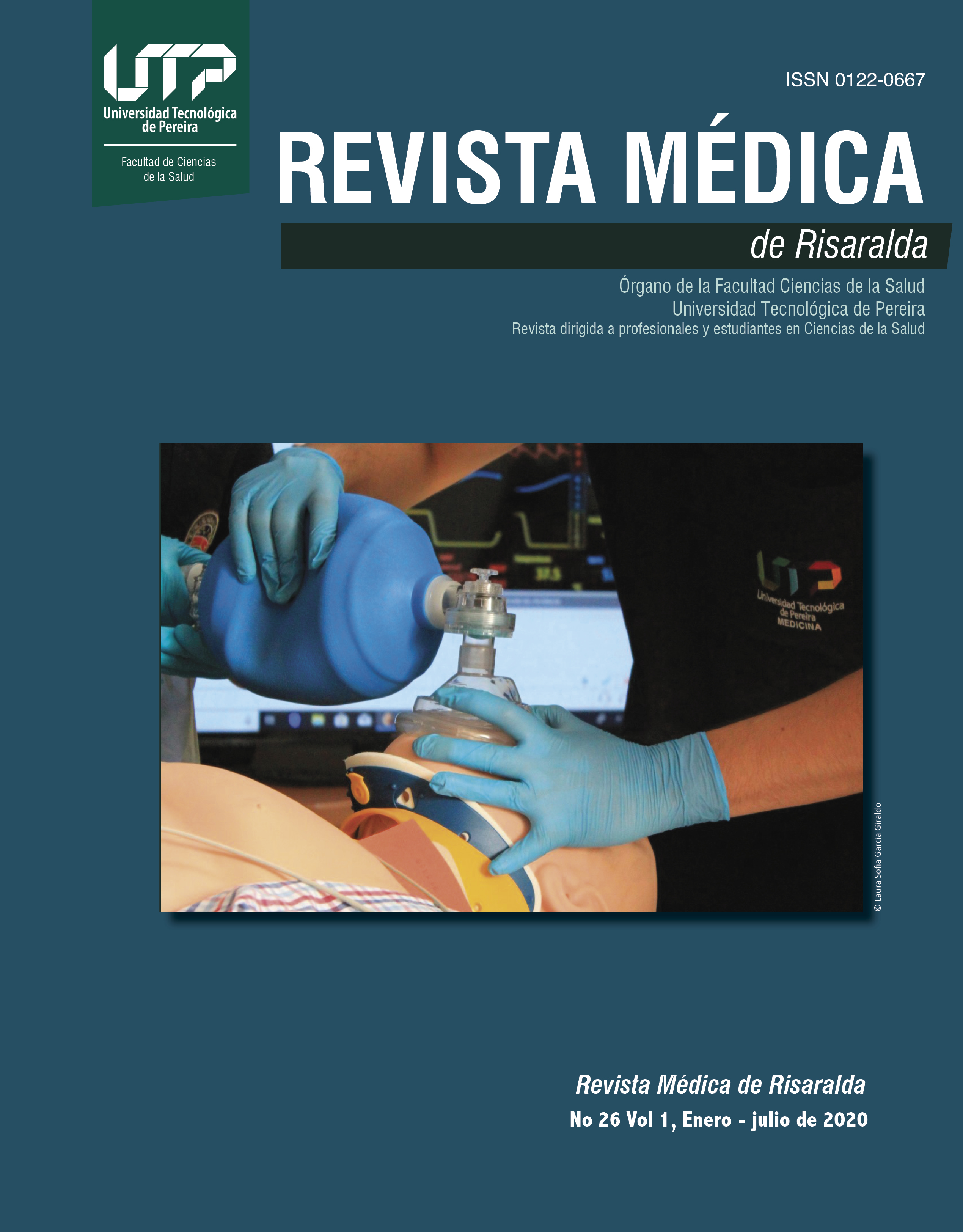HPV genotypes and cervical cytological changes in patients who attended a private gynecology appointment in the state of Carabobo, March-October 2017
DOI:
https://doi.org/10.22517/25395203.20781Keywords:
Genotype, Papillomavirus Infections, Cytology, Health Services Research, Precancerous ConditionsAbstract
Introduction: Genital infection by the Human Papilloma Virus (HPV) has been associated with cervical cancer (CC) since it causes the appearance of precursor cancer lesions in the transformation area of the squamous-columnar junction of the cervix. There are more than 100 types of HPV that are classified as low oncogenic risk (LR-HPV) and high oncogenic risk (HR-HPV). Studies report that the infection by high-risk genotypes is present in 100% of CC. In Venezuela, 67.7% of CC is related to the HPV-16 genotype.
Objective: This study seeks to detect the presence of HPV in patients with cervical cytological cell changes.
Methodology: Forty-nine patients with cytological changes were studied. The endocervical and ectocervical areas were sampled to detect and genotype the virus by using the Multiplex PCR technique.
Results: The cytological alterations presented were: Atypical Squamous Cells (69.4%), Atypical Glandular Cells (4.1%), Low-grade Squamous Intraepithelial Lesion (16.3%) and High-grade Squamous Intraepithelial Lesion (10.2%). Besides, the general molecular detection showed that 16.3% had HPV, 62.5% of it corresponded to HR-HPV, 25% to LR-HPV, and 12.5% to genotype 16. The genotype 18 was not detected, and only one co-infection case was reported.
Conclusions: Unlike other studies, a statistically significant relationship was not found between the virus presence and the appearance of cervical cytological cell changes in this population. However, genotypes with high oncogenic risk were detected, which may lead to a higher incidence of cervical cancer in the future.
Downloads
Downloads
-
Vistas(Views): 869
- PDF (Español (España)) Descargas(Downloads): 464
Published
How to Cite
Issue
Section
License
Cesión de derechos y tratamiento de datos
La aceptación de un artículo para su publicación en la Revista Médica de Risaralda implica la cesión de los derechos de impresión y reproducción, por cualquier forma y medio, del autor a favor de Facultad de Ciencias de la Salud de la Universidad Tecnológica de Pereira. 1995-2018. Todos los derechos reservados ®
por parte de los autores para obtener el permiso de reproducción de sus contribuciones. La reproducción total o parcial de los trabajos aparecidos en la Revista Médica de Risaralda, debe hacerse citando la procedencia, en caso contrario, se viola los derechos reservados.
Asimismo, se entiende que los conceptos y opiniones expresados en cada trabajo son de la exclusiva responsabilidad del autor, sin responsabilizarse ni solidarizarse, necesariamente, ni la redacción, ni la editorial.
Es responsabilidad de los autores poder proporcionar a los lectores interesados copias de los datos en bruto, manuales de procedimiento, puntuaciones y, en general, material experimental relevante.
Asimismo, la Dirección de la revista garantiza el adecuado tratamiento de los datos de carácter personal



